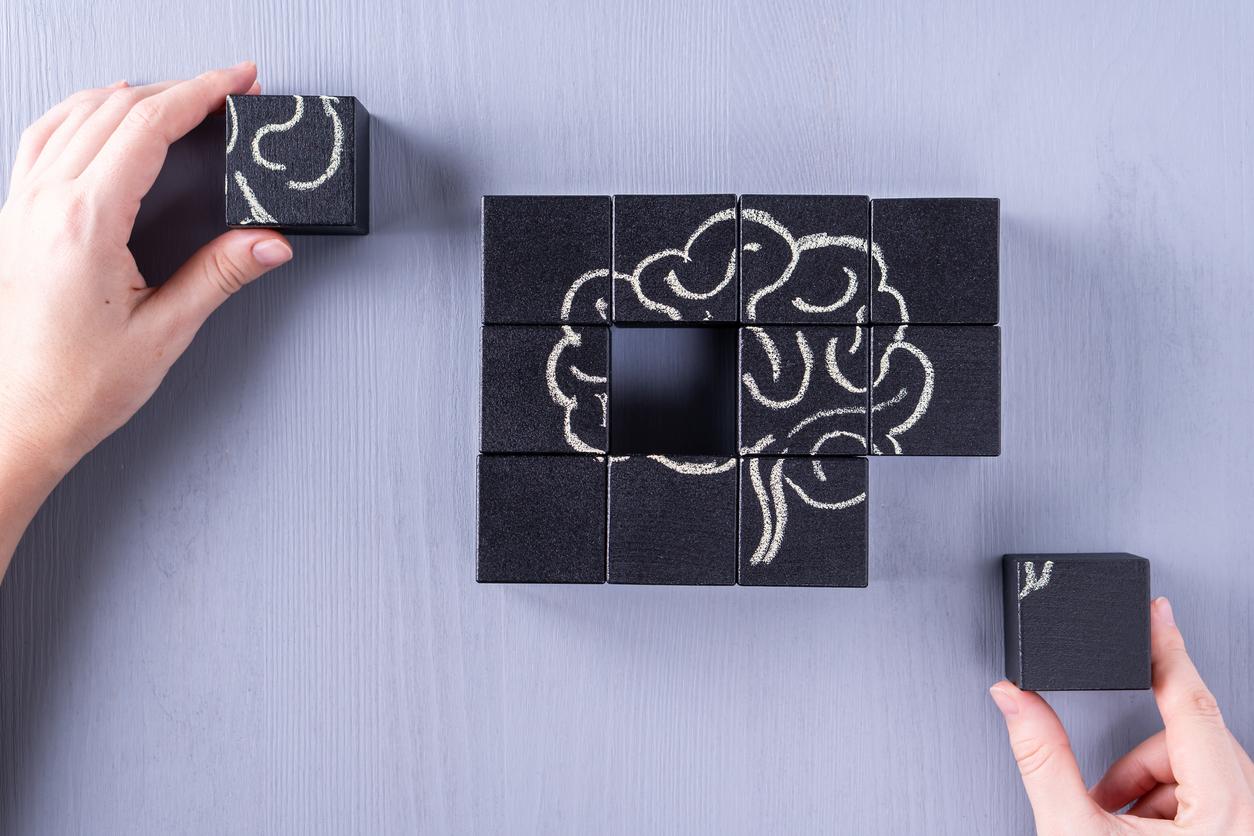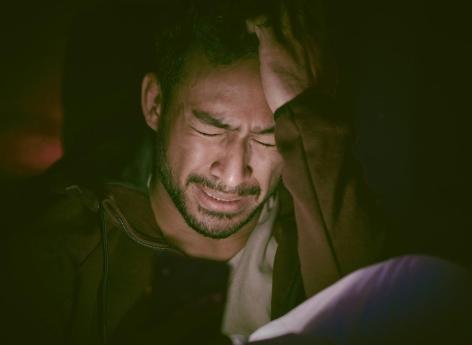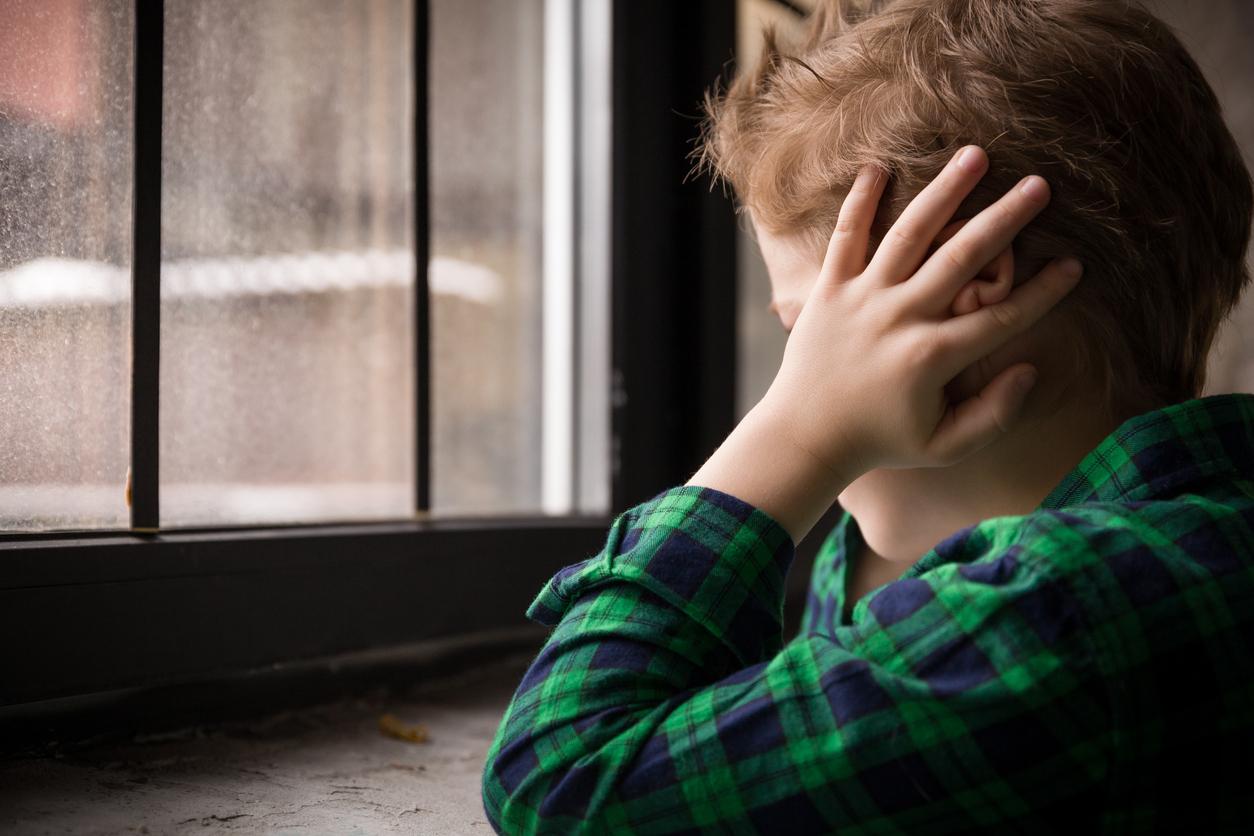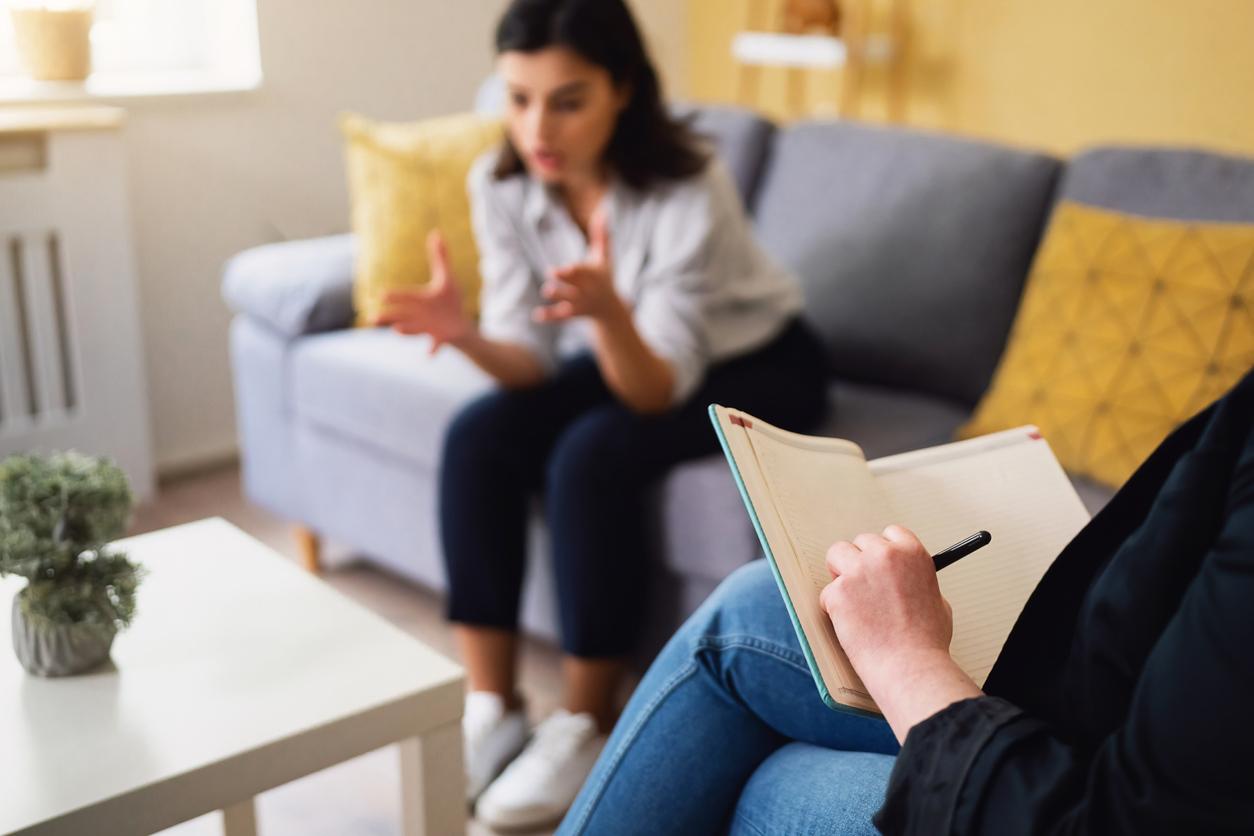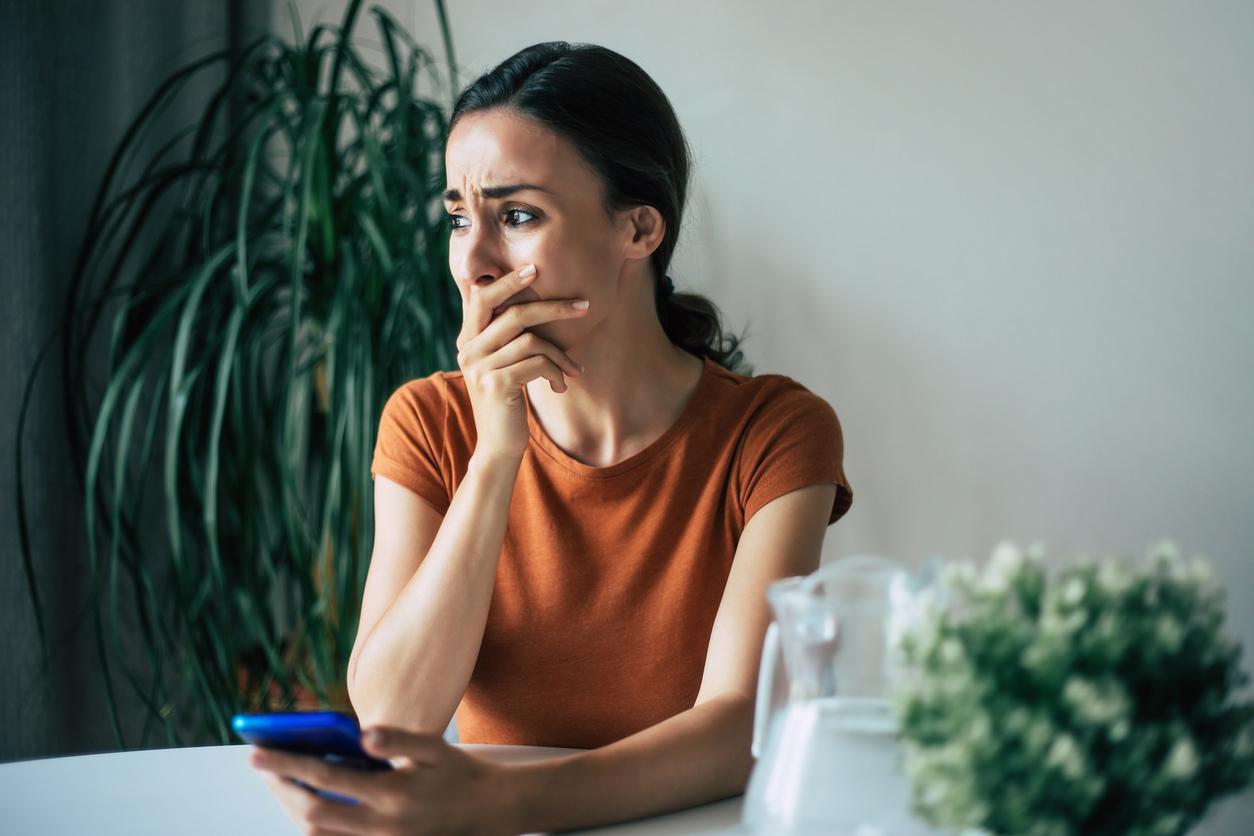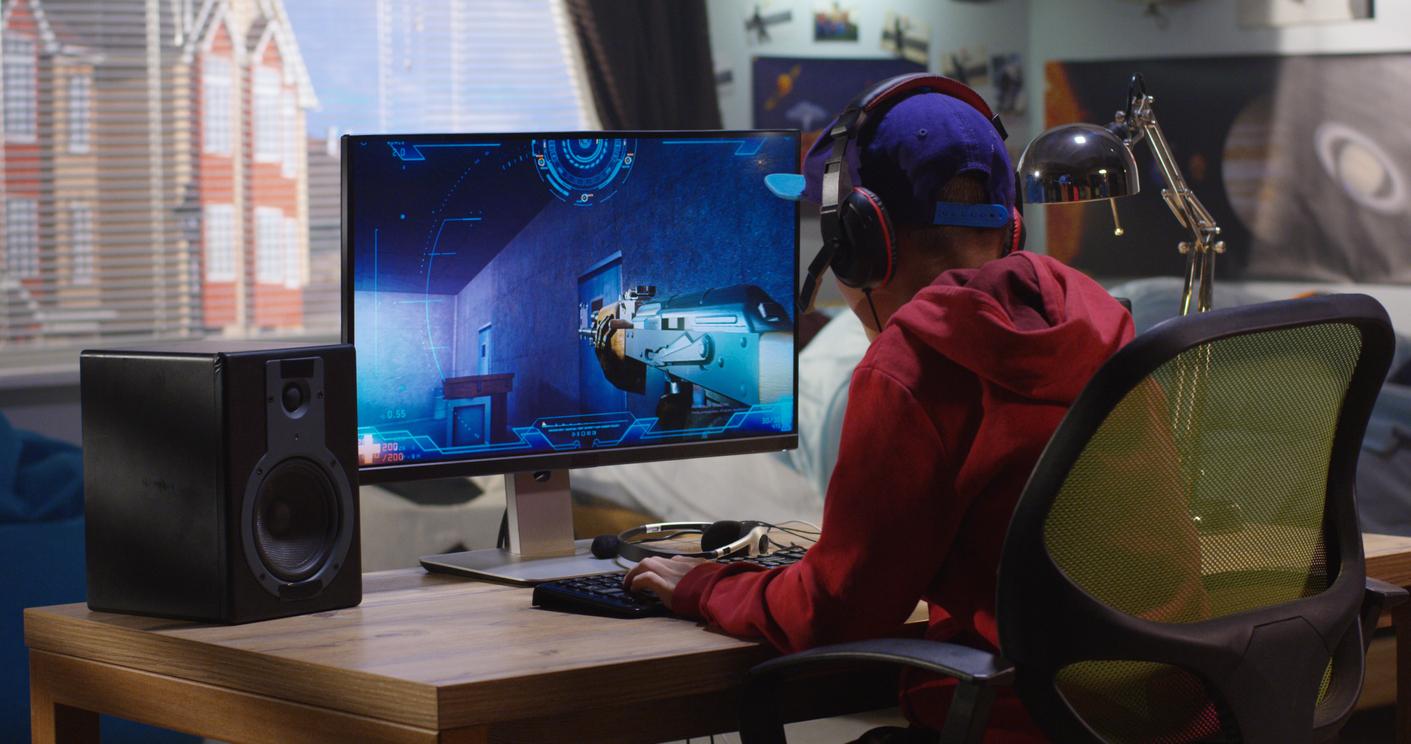American economists underline the link between unemployment in the world and the increase in illnesses and premature deaths linked to stress. Author of the book “Self-defense guide for the licensee, from the explosion to the reconstruction”, a French journalist confirms the impact of the loss of a job on health. Interview.
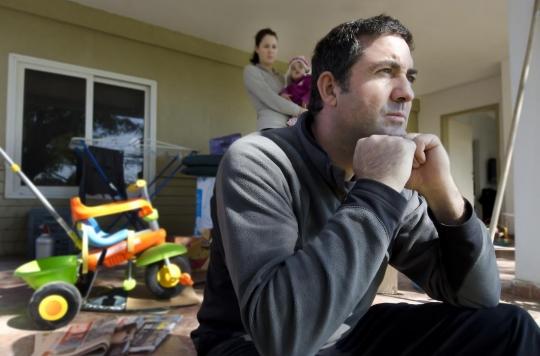
The employment difficulties of certain socio-professional categories, all over the world, have just been confirmed, on October 2, by the labor market analysis platform IZA World of Labor. They would be directly linked to an increase in illnesses and premature deaths, linked to stress, despair and anger. This is what economists from the Brookings Institution and the University of Maryland.
“Trends in ill-being match those in premature deaths in many countries, with people excluded from the labor market also disproportionately represented among opioid users,” said Brookings economist Carol Graham. Institution.
In France, despite a slight drop in the number of job seekers estimated by Pôle Emploi at -0.4% in the second quarter of 2019, there are still nearly 3.4 million unemployed. What is the health impact of job loss or long-term unemployment? In his book “The licensee’s self-defense guide, from deflagration to reconstruction” published in spring 2019 by Robert Laffont, the journalist Luc Biecq has fourteen witnesses tell about the trauma of redundancy and unemployment and the ways to get out of it. He answers questions from Why Doctor.
– Did the unemployed people you met talk to you about the impact of unemployment on their health?
Luc Biecq : I met fourteen witnesses, 50% men and 50% women, and thirteen of them immediately mentioned a psychological injury, but also sleep problems, as well as other ailments related to stress, such as back pain. And we know that some suicides are directly related to losing your job or not finding work. If we take the WHO definition of good health, a state of physical, mental and social well-being, we are therefore faced with a real health problem! Among those who lose their jobs, the disorders, closer to the trauma than to the depression, are more frequent. They are associated with high stress that causes back pain, or lead to the consumption of psychotropic drugs, alcohol, or even an addiction to games. So now is the time to get help from a general practitioner or a psychologist.
– How do you explain that some people hesitate to consult?
When you lose your job, the first reaction, once past the shock of the announcement, is to say to yourself “I’m strong, I’ll get out of it”. On the one hand, we find ourselves facing an injunction to find a job very quickly, on the other facing a social fact that asks for help, it is not necessarily a valued gesture. However, consulting is necessarily a good idea: it is necessary to work so that the time of unemployment is not only a time of suffering, but that of a reconstruction, that of self-esteem in particular, which one loses often in these cases.
– Can we qualify these sufferings?
In my book, I quote the psychiatrist Michel Debout who says that you don’t turn off a man like you turn off a machine. Losing your job is a trauma, in the clinical sense of the term, which is accompanied by the same symptoms: nightmares, irritability, desocialization, as Elisabeth Grebot, lecturer in clinical psychology and specialist in stress in the world of work evokes. She compares the situation of those who have lost their job and post-traumatic stress disorder, because the two are very similar.
– How can health professionals manage these situations?
Doctors can intervene, psychologists too, it’s really the moment when the unemployed person must allow himself to speak and not be alone. There are many associative structures, such as job search groups, which work in the field in a remarkable way and groups on social networks which play a role in creating links.
– Is this subject of the health of the unemployed sufficiently taken into account in our healthcare system?
It is not enough. Surprisingly, while the health risks are increased, those who lose their job no longer benefit from occupational medicine! A brilliant psychiatrist, like Michel Debout, who writes and works on this subject, believes that structures should be put in place to better support and monitor the unemployed and their health. I believe he is right, it is essential.
“Self-defense guide for the licensee, from the explosion to the reconstruction”, by Luc Biecq, Robert Laffont editions
.









